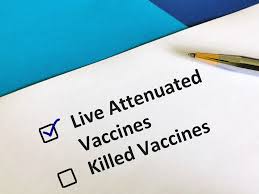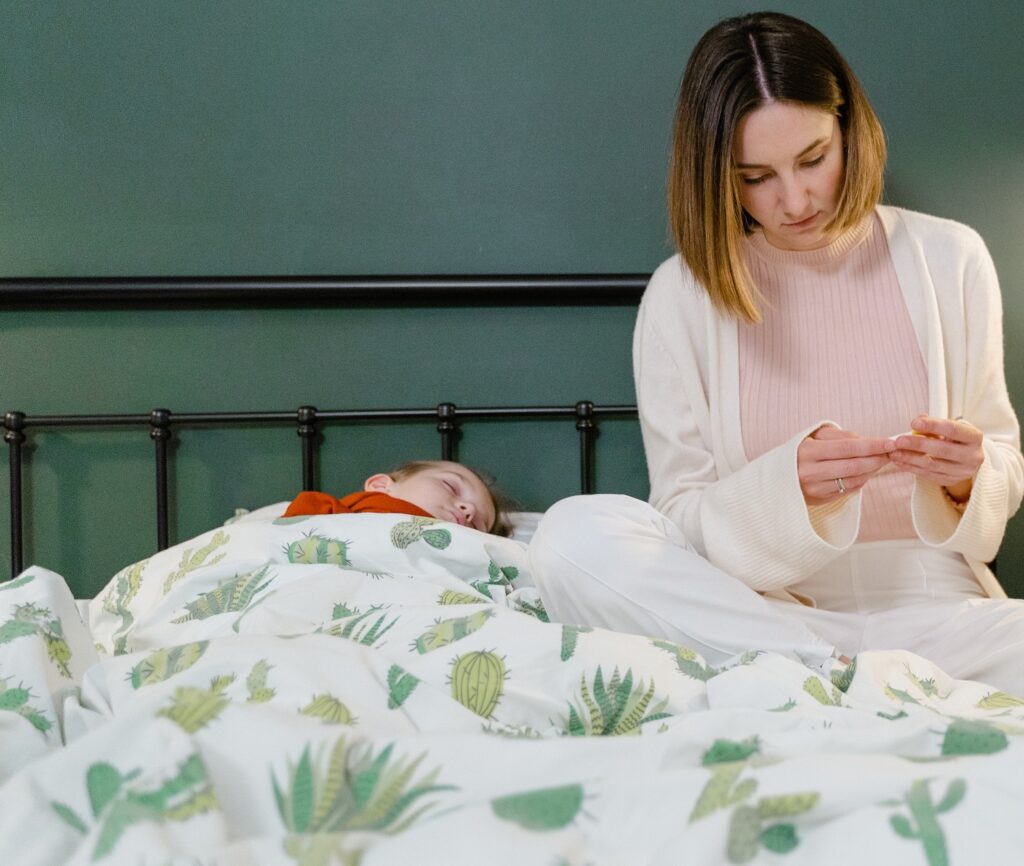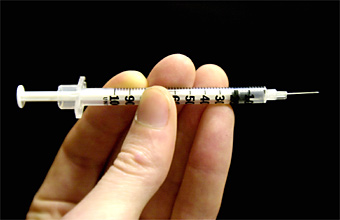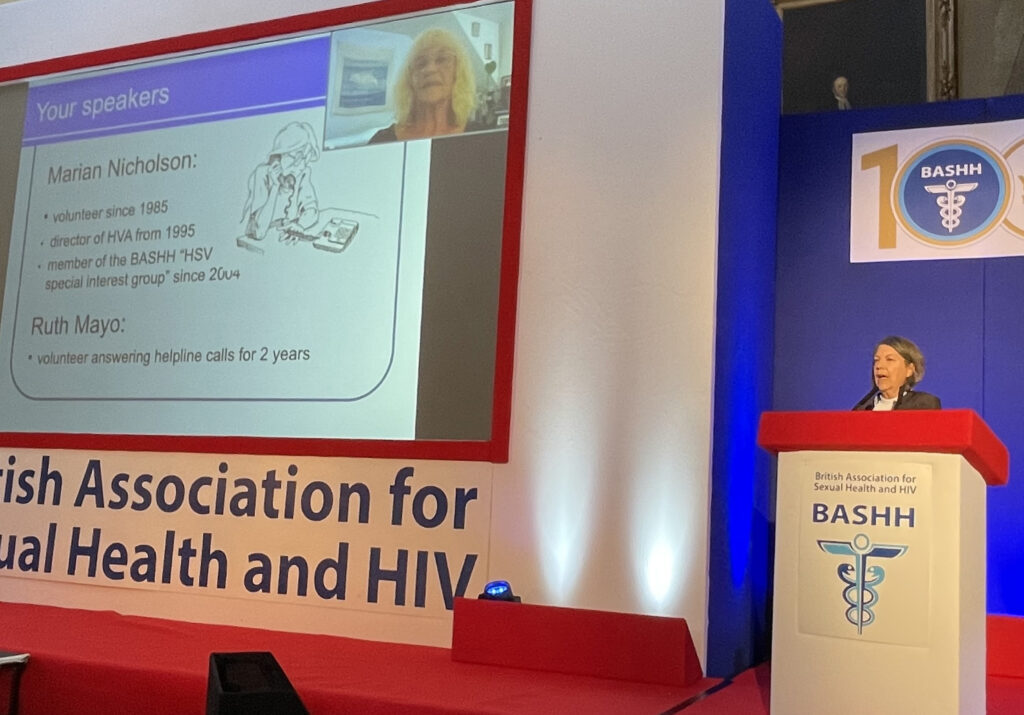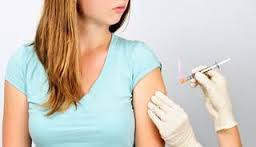“Mothers who need to have C-sections (for any reason) should not be alarmed by these tragic rare cases – a repeat is almost impossible”, says Herpes Viruses Association
For a woman to be infected with herpes simplex during a Caesarean-section is one of the rarest possible medical accidents. For it to happen twice in the same geographical area required a unique set of circumstances that are unlikely to be repeated. Lessons have been learned and treatment guidelines will be updated to prevent another similar tragedy.
The Herpes Viruses Association was shocked to hear that two women died from internal herpes simplex infections following disease transmission via C-section. We extend our condolences to the families affected.
Herpes is common – for most it is a minor skin condition
Herpes simplex (HSV) infections are common and in almost every case are caught during direct skin on skin contact. It is almost unheard of for these viruses to be caught during any kind of medical procedure and strict protocols are adopted to prevent this.
Herpes simplex is universal. More than two thirds of the world’s population carry the most common type, known as HSV-1[1] which places it close behind chickenpox as an almost universally acquired virus in humans. The other type is HSV-2.[2] Either type may be caught facially (cold sores) or genitally (genital herpes). It is also possible for either type to infect the hand or finger. This is called a herpetic whitlow and is seen less often than infection in other parts of the body.
More than half of pregnant women will have come into contact with HSV-1 before
conceiving. Their babies, from month 7 onwards, will acquire all their mothers’ antibodies which will protect them during birth and for several months.
If a herpes simplex infection is suspected in either a mother or her baby, prompt use of antiviral treatment should ensure a positive outcome.
In the tragic cases in Margate and Ashford, Kent, neither woman had a prior HSV-1 infection. This means that neither of them had herpes simplex antibodies. This made them both vulnerable to the accidental internal acquisition that turned out to be fatal.
Why was a common cold sore infection fatal in these cases?
Herpes simplex is normally a virus that infects skin and nerve cells. Typical symptoms are painful skin blisters and sores that make diagnosis straightforward. These women were infected internally, so there were no observable symptom. Therefore, the virus was able to spread without affecting the skin.
Without the telltale blisters on the skin, herpes simplex was not suspected, and the antiviral treatment was not given.
Future improvement to guidelines
The Herpes Viruses Association is pleased to learn that the Royal College of Obstetrics and Gynaecology is going to recommend treatment with antiviral medication for any ‘mysterious’ illness in mother or baby. This is a highly safe precaution and should prevent any similar tragedy in the future. See their pregnancy-with-herpes leaflet.
– ENDS –
NOTES TO THE EDITOR
The Herpes Viruses Association exists to promote better mental and physical health with regard to the family of herpes viruses. Its aims are:
- To provide information to the public, to medical professionals and to the media.
- To encourage the development of new treatments for herpes simplex.
- To tackle stigma and the unnecessary trauma associated with the condition.
References:
1. WHO report on herpes simplex type 1: https://journals.plos.org/plosone/article?id=10.1371/journal.pone.0140765
2. WHO report on herpes simplex type 2: https://www.scielosp.org/article/ssm/content/raw/?resource_ssm_path=/media/assets/bwho/v86n10/a17v8610.pdf
For more information contact Marian Nicholson MBE, Herpes Viruses Association 02076079661 or [email protected]


